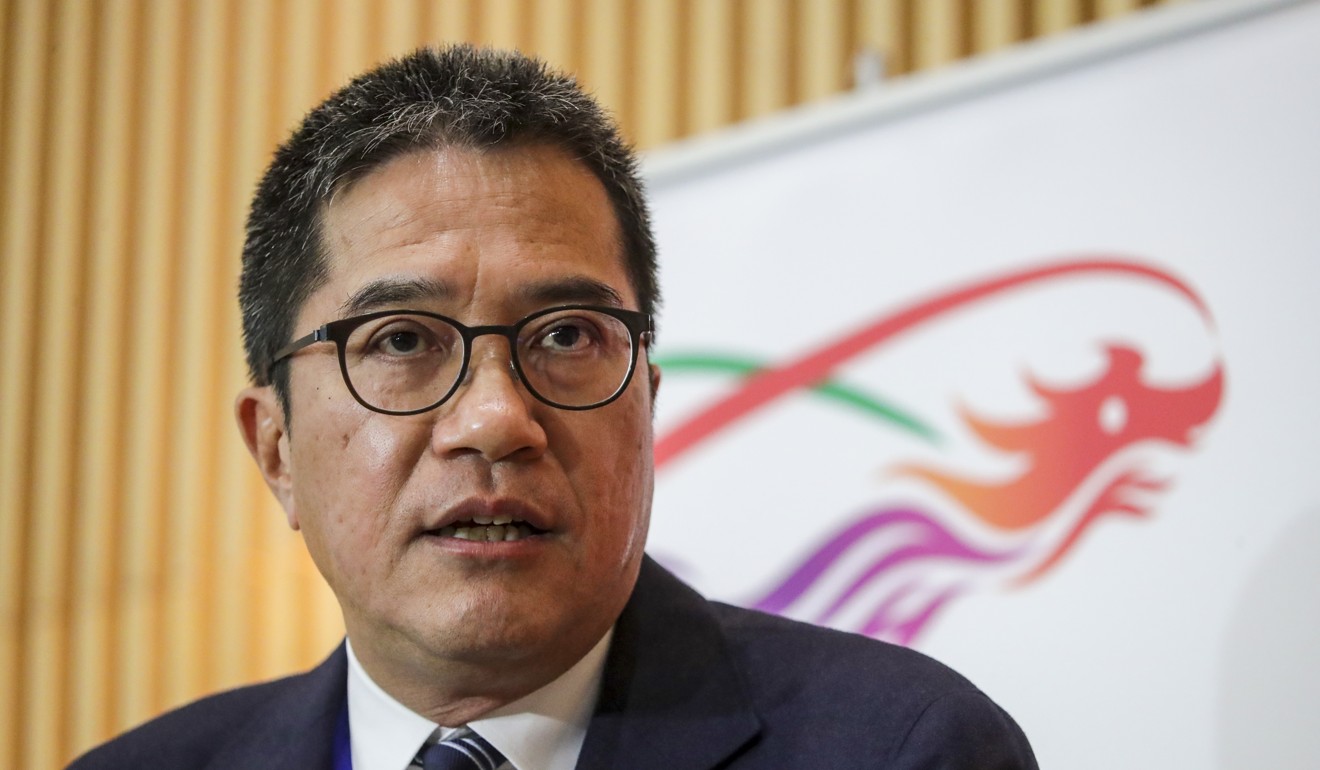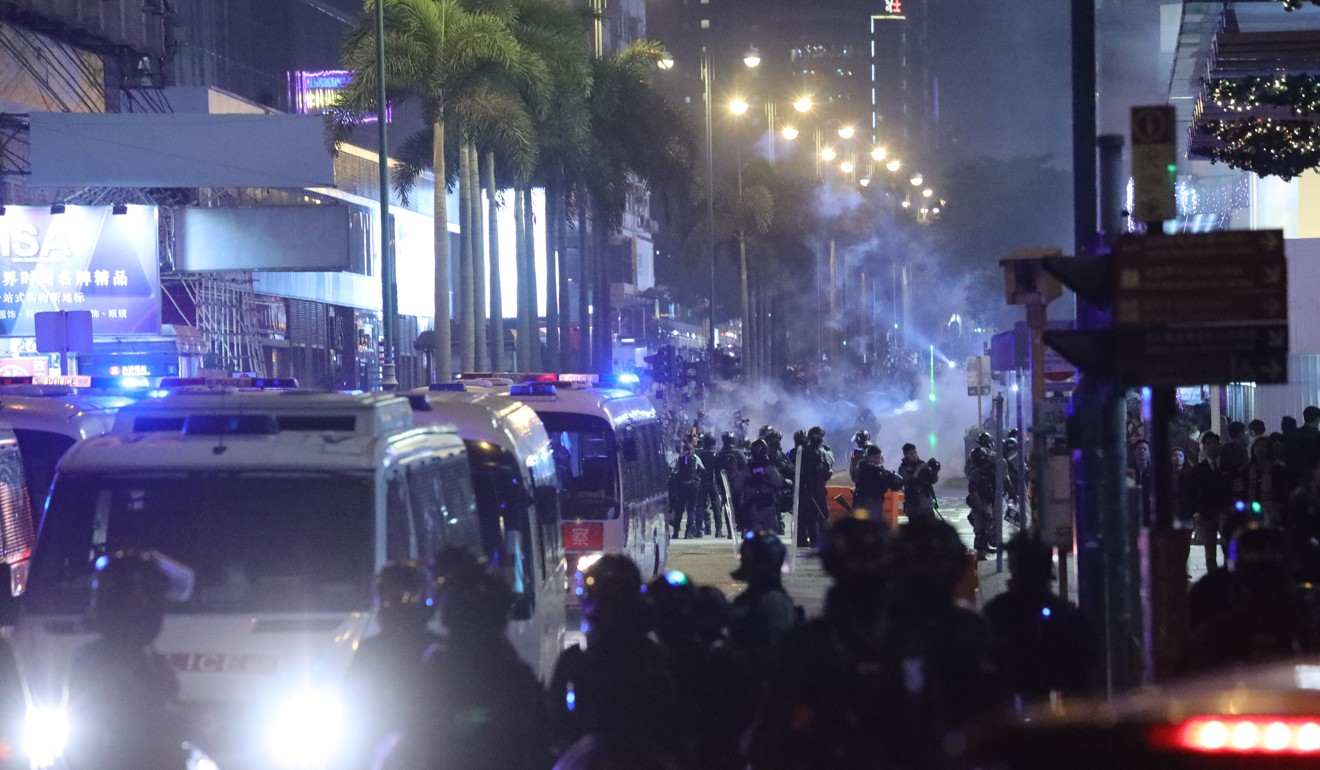
Hong Kong may miss annual homes supply target as protests delay land sales
- The government may only supply land for 11,850 units of homes by March 2020 versus its target of 13,500 units
- Supply shortage is unlikely to stoke further home price increase as demand has weakened amid protests and recession

Hong Kong may fall short of its annual target of supplying new private homes to in the city as street protests and an economic recession disrupted its efforts to alleviate a housing shortage in the world’s expensive residential market. The government and the private developers have provided enough land bank to build 9,820 homes in the nine months to December 31, Secretary for Development Michael Wong said on Tuesday. It will only release land to accommodate another 2,030 units in the next three months, indicating about 10 per cent deficit versus its 13,500 target for the year to March 31.
“We are almost meeting 90 per cent of our annual target” based on existing and future land provision, Wong said, blaming part of the shortfall on the smaller contribution from private developers. Achieving its full-year target will depend on whether additional supply can be provided by private developers, he added.

For its part, the government has earmarked two residential land parcels in Mong Kok and one in Kwun Tong (1,850 units of homes) for tender between now and March 31. The Urban Renewal Authority will separately invite bidders for a parcel of land in Sham Shui Po, capable of providing 180 units of homes.
The housing shortage has become a thorny issue for the government after a 15-year market boom pushed home prices to record-high through May this year, subsequently sowing public discontent amid months of anti-government protests. Still, with the economy in recession, the shortage is unlikely to fuel further price increase in near future, analysts said.

“The government has slowed down the pace of land sales in 2019, particularly in the second half when the city was rocked by escalating anti-government protests,” said Thomas Lam, executive director at Knight Frank. “At present, demand for homes has weakened in light of economic downturn. Home prices are unlikely to shoot up in the short term as supply will remain stable” in the next few years, he added.
Eight out of 14 respondents, or 57 per cent, said they expected the prices of general housing to fall 15 per cent, with one predicting luxury homes to drop by 20 per cent, according to a survey conducted by the South China Morning Post. citing the lingering US-China trade war and local economic recession.
Wong said the government is confident of its ability to sell the land bank in the next three months, amid concerns that private developers will stay away from state tenders because of the ongoing social unrest in the city. The successful tender of the site atop the Express Rail Link in West Kowloon is an example, he said.
“It is hard for me to put myself in the shoes of developers,” Wong said. “[But] the site of the high-speed rail station still went out, albeit at a price lower than estimated. The market fluctuates. It is something that we all have to accept.”
The outlook in 2022 and beyond remains a big concern. Land supply from that fiscal year will be critical, he added, as it will indicate if Hong Kong’s housing shortage will become more acute in 2024. It typically takes three to four years of construction before flats can be completed, he said.
Ryan Ip, the head of land and housing research at think tank Our Hong Kong Foundation, noted that the target of 13,500 units this year is already significantly reduced from the previous target of 18,000 units.
“Year-to-date, three supply indicators of the housing market, namely construction starts, pre-sale consent applications, and completions have all been almost halved” from a year ago, he said. The trend suggests the supply of private housing, whether in the immediate, short, medium or long term, is in serious shortage. The housing crisis will worsen in the next few years.”